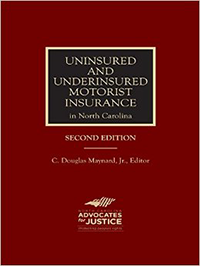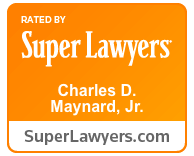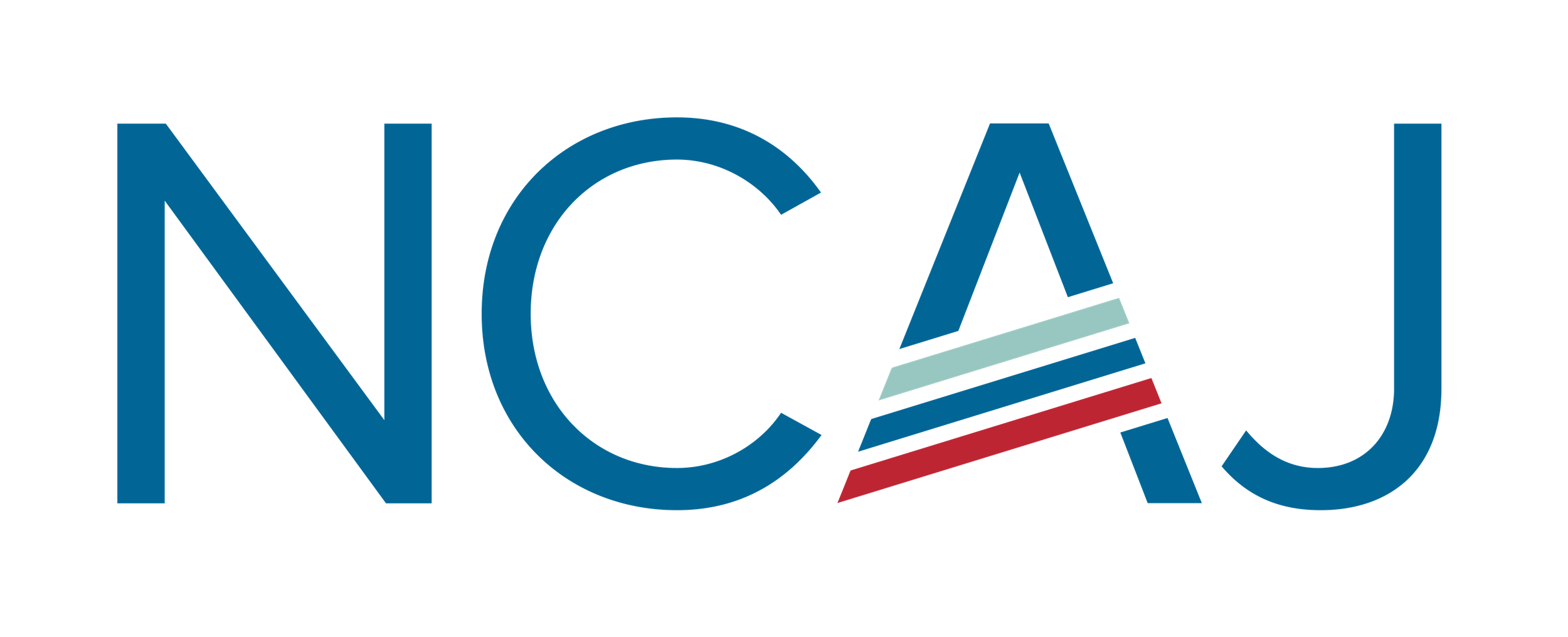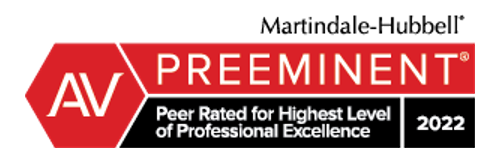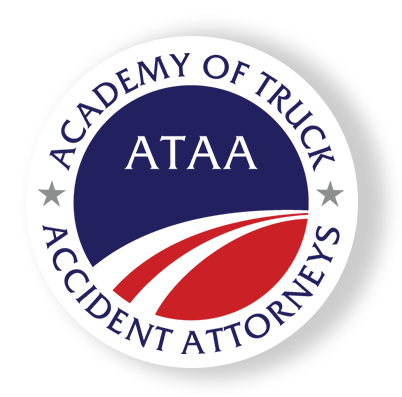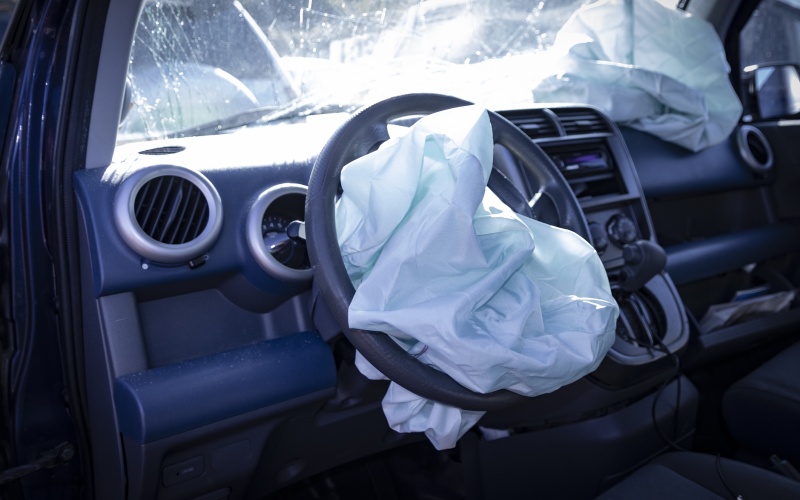
STOCK PHOTO
Understanding Total Loss Claims in North Carolina
When a vehicle is damaged in an accident and repairs exceed its value, the insurance company will declare it a “total loss.” In North Carolina, when estimated repairs reach or exceed 75% of the vehicle’s actual cash value (ACV) the insurer must “total” the vehicle.
In some instances, it may declare a vehicle a “total loss” when the repair estimate is less than 75% of the ACV. Usually, this occurs when the vehicle sustains substantial damage, and the repair process may reveal additional hidden damage.
The insurer may also consider the time the car may take to be repaired if it is providing a rental car to the claimant as well as the salvage value of the damaged vehicle. Thus, if the ACV is less than the total of the damage estimated, expected “hidden damage,” rental car costs, and salvage value then the car costs more to repair than it’s worth so it’s a “constructive total loss.”
The regulatory framework, particularly 11 NCAC 04 .0418, sets the standard for handling these claims, attempting to ensure fairness and transparency in the settlement process. Adherence to these regulations is not just about legal compliance; it's about maintaining trust and integrity within the insurance marketplace.
Totaled Car Overview of 11 NCAC 04 .0418
11 NCAC 04 .0418 is the regulation that outlines the responsibilities of insurance companies when handling total loss claims in North Carolina. The regulation highlights the role of the Commissioner of Insurance in enforcing these standards and ensuring fair treatment of all parties.
Key definitions include:
- Licensed Motor Vehicle Dealer: A business authorized to sell vehicles.
- Local Market Area: The geographic region relevant to the claim.
- Published Regional Average Values: Aggregated data on vehicle values specific to a region.
- Substantially Similar Motor Vehicle: A vehicle of like kind, quality, and similar features.
These definitions help ensure consistency in the settlement process, making it easier for claimants to understand.
Compliance with 11 NCAC 04 .0418 is essential for insurance companies operating within regulatory bounds.
Insurers must:
- Use industry-accepted valuation guides.
- Base values on the vehicle’s local retail market.
- Provide documentation upon request, including how the ACV was determined and which valuation sources were used.
An insurance company may not simply rely on “Blue Book” values; it must provide a fair market assessment. If the claimant and the insurer are unable to reach an agreement as to the ACV, the insurer is required to make an offer based on:
- The reported regional average prices for motor vehicles that are largely alike; and
- The retail prices of two or more largely similar motor vehicles in the local market area when such vehicles are or were accessible to consumers within 90 days of the incident in the local market area.
Want to know what more about what insurance companies must do when declaring your vehicle a total loss in North Carolina? For more detail and to learn more about total losses on motor vehicles read NC DOI rules.
Determining the Total Loss Actual Cash Value
What’s Included in the Valuation
Adjustments must be made for:
- Condition
- Mileage
- Options and equipment
- Pre-existing damage
Deductions must be itemized and shared with the claimant in writing upon request. When an insurance company deems a vehicle a total loss, it must pay the pre-accident actual cash value of the vehicle in exchange for possession of the salvage (“the wrecked vehicle”).
This means that the claimant relinquishes ownership of vehicle title and the damaged vehicle to the insurance company, which will sell the car or its parts to recover some of its loss.
Retain the Salvage & a Car's Actual Cash
The second, less common option, is for the owner to “retain the salvage.” The insurance carrier would deduct the “salvage value” of the car in its present condition from the pre-accident actual cash value of the vehicle.
The owner is paid the difference and then keeps the salvage.
However, the owner ends up with a salvage title which indicates the vehicle has previously been a total loss. Upon request, the insurer is obligated to provide the claimant with the contact details of a salvage dealer willing to buy the salvage for the deducted amount.
Insurance companies must adhere to industry-accepted valuation guides and consider the retail cost in the local market area when settling claims to ensure that the settlement amount accurately reflects the vehicle's actual value.
They must evaluate the evidence provided by the claimant, including receipts, photographs, or other documents, to demonstrate that the completely damaged vehicle was in superior condition before the accident than what the insurer's settlement proposal indicates.
Deductibles
A deductible only applies if you're filing a total loss claim through your own collision coverage. If the at-fault driver’s liability policy is paying, no deductible applies.
Towing and Storage Costs
Insurers must pay for reasonable towing and storage but can limit those costs by notifying the owner and storage facility in writing that the insurance company shall no longer reimburse the motor vehicle's owner or storage facility for storage charges.
The notice sent to the owner should contain the facility's name, address, and phone number where the vehicle is currently stored.
How Long Does It Take the Car Insurance Company to Settle My Claim for Damages?
It usually takes at least one to two weeks to settle your claim; however, it should generally take less than thirty (30) days. You can call the claims adjuster every day, if necessary, to check on the status of your case. It’s the best way to get their attention.
Keep a written record of your calls.
Once an insurer and you agree to settle the claim, the insurer must mail the check within ten days.
If the other driver is “at fault” you can submit your total loss claim to their insurance company. Or, if you have collision coverage on your vehicle, you can elect to turn the claim over to your insurance company and let them worry about collecting damages (including your deductible) from the other driver or the other driver’s insurance company.
Concluding Thoughts on 11 NCAC 04 .0418
- Compliance with 11 NCAC 04 .0418 is essential for insurance companies operating within regulatory bounds.
- This framework provides for the fair handling of total loss vehicle claims, offering claimants accurate, just compensation.
- By adhering to these guidelines, insurers reinforce their commitment to service excellence and legal compliance, ultimately protecting their interests and those of their customers.
By following these regulations, insurance companies can ensure transparency and fairness in the settlement process, ultimately protecting their interests and those of their customers.
Navigating property damage claims in North Carolina requires understanding complex rules like contributory negligence and timely follow-ups with insurance adjusters, as delays or undervaluing your car's worth can significantly impact your settlement.
Learn about the 10 most frequently asked questions about property damage.
Disclaimer: The information provided in this article is for general informational purposes only and does not constitute legal advice. Reading this article or interacting with its content does not establish an attorney-client relationship with Maynard Law. To create such a relationship, a formal agreement is required.
